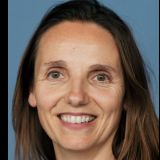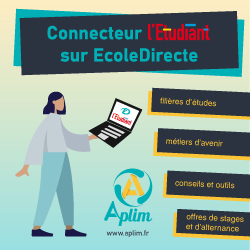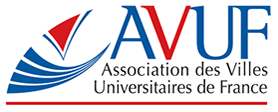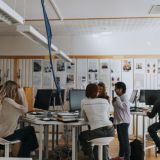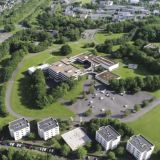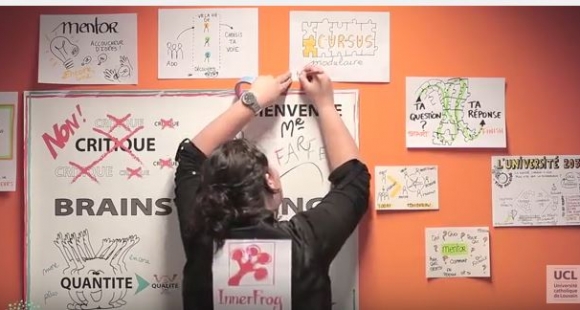
 How did this idea come about?
How did this idea come about?
To celebrate the Learning Lab's 20th anniversary, we wanted to imagine universities twenty years from now together with students, professors and other stakeholders. We organized a Hack'Apprendre session on November 13, 2015, where around 100 students, professors, PhD candidates and administrative staff spent the day discussing the universities of the future.
The roughly 100 ideas we gathered range from the unexpected to the eccentric. One suggestion was to start a university on a ship that would sail the Mediterranean meeting with migrants. Why should schools stay stuck in cities? Others proposed Ecole 42 style grade-free education. Peer evaluation could replace grades and students could design curricula.
Which major trends emerged?
People are questioning the role of universities. Should they provide professional training or foster self discovery? Some students suggested splitting the school day into mornings of professional courses and afternoons of personal growth courses.
The biggest topic was multidisciplinary, à la carte education. People of all ages can go to school. The key is finding the right program at the right time. The barriers between different phases in life are falling away. Life, work and studies are increasingly interconnected.
The second main topic was knowledge-based societies. Universities are no longer simply knowledge-sharing institutions but rather open places where individuals connect. They partner on projects with citizens and companies.
Are students calling for change?
Students seek meaning. They don't want to learn for learning's sake. We aim to support them. Students want to be independent critical thinkers.
What then is the role of professors?
Teaching has changed. Nowadays, professors guide students in their search for answers. They have many tools to spark students' curiosity. Should we favor hyper-specialization or broad-based education? We are returning to the mentorship model from a century ago. No longer do professors dispense knowledge. Now they ask questions and stimulate discussion.
